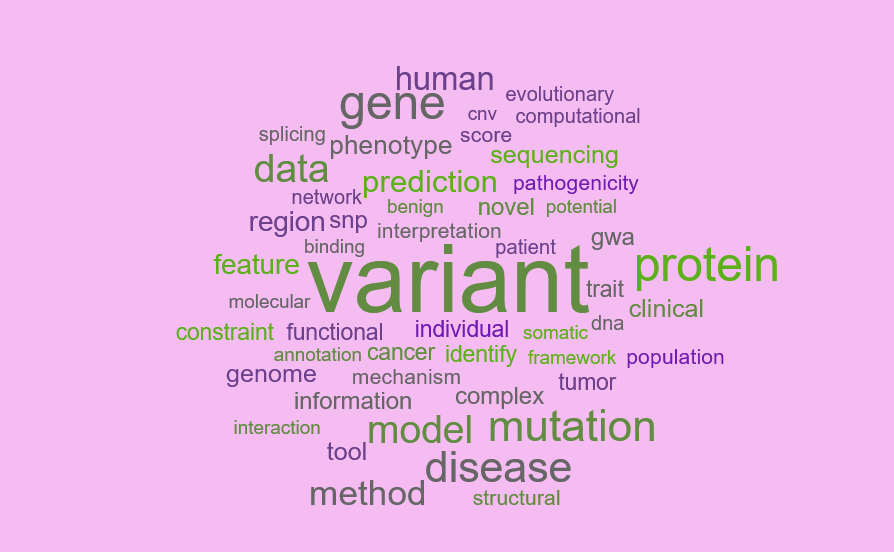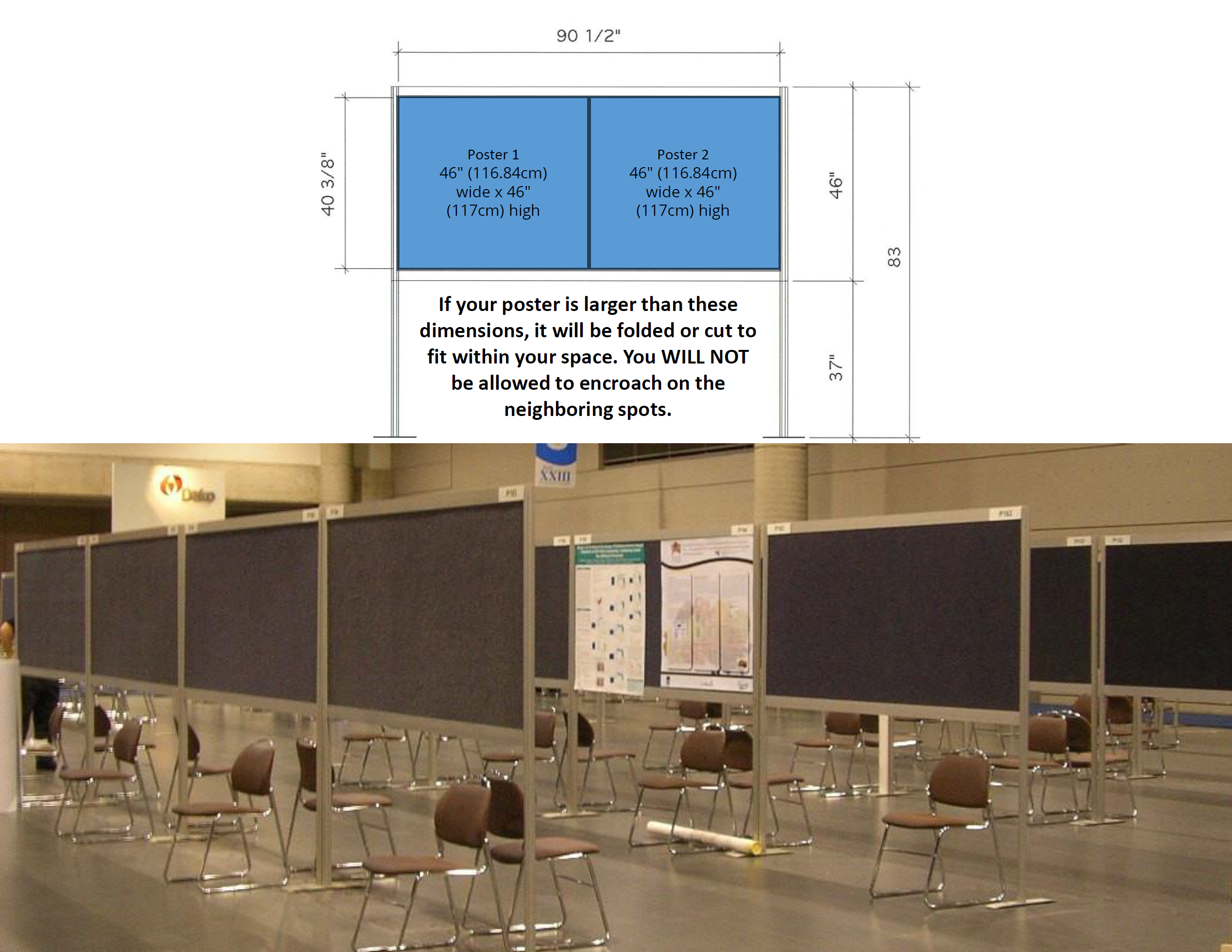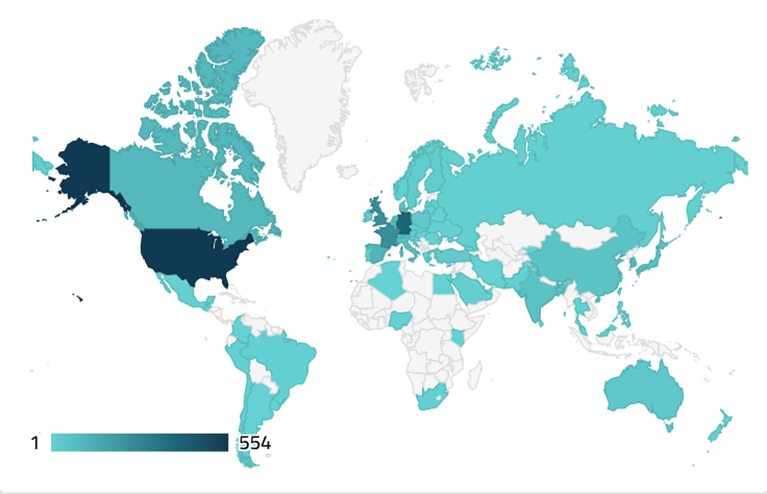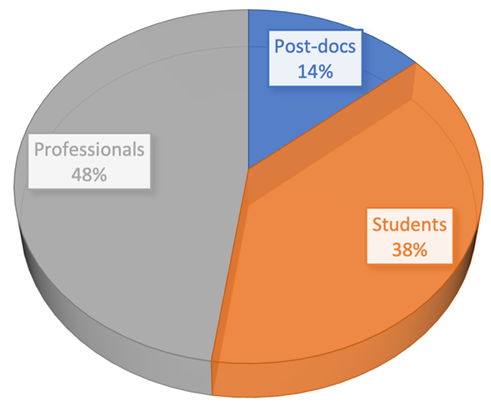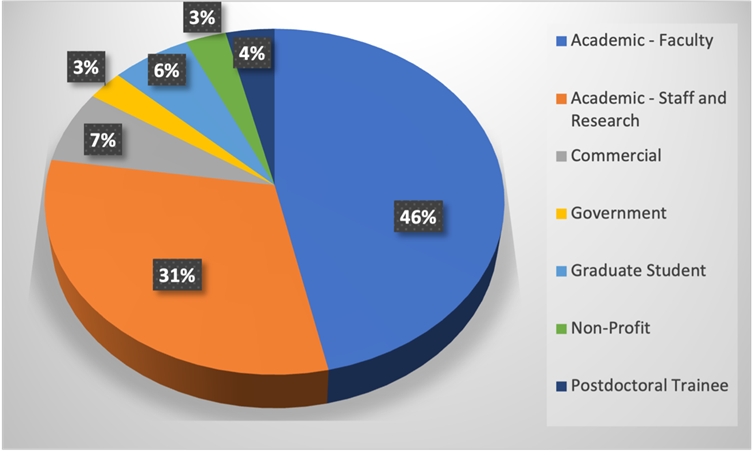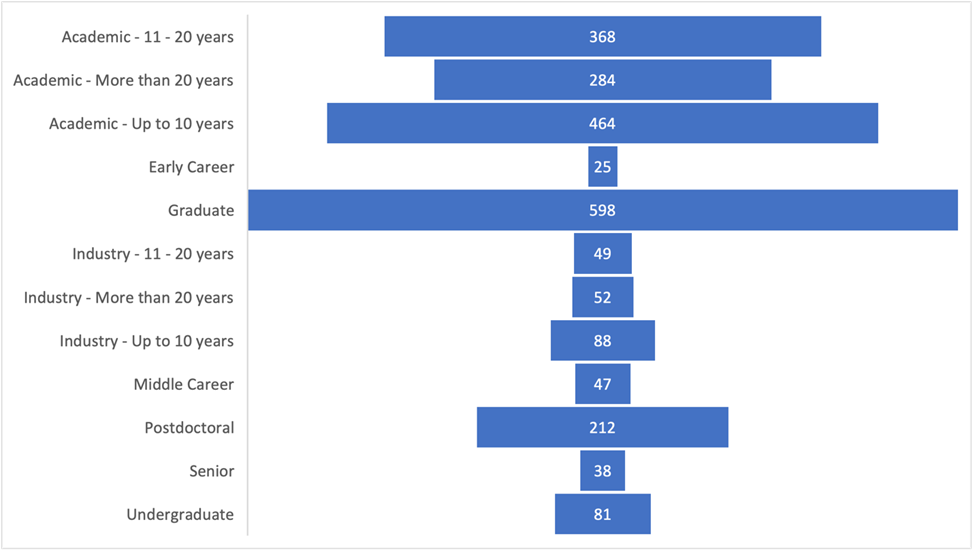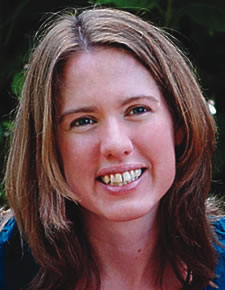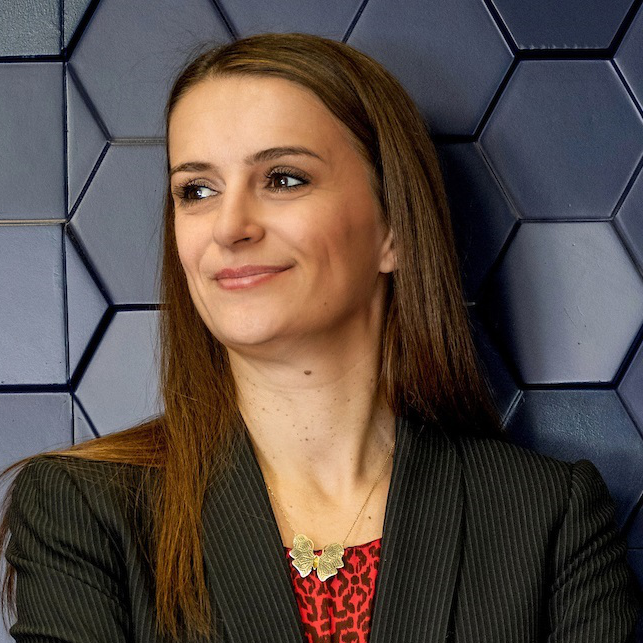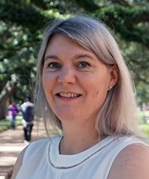Links within this page: Proceedings Overview | Proceedings Publication Fee | Areas | Proceedings Key Dates | Review Process | Transfers to Bioinformatics Advances | Submission Guidelines | Conference Proceedings | Hybrid Format | Contact
Proceedings Co-chairs:
Tijana Milenkovic, University of Notre Dame, United States
Yann Ponty, CNRS; Laboratoire d'Informatique de l'Ecole Polytechnique France
Proceedings Overview
ISMB 2024 invites submissions of full papers (not abstracts) consisting of new, unpublished work, reporting theoretical, computational, and statistical advances in computational biology and its intersections with other fields.
Submissions are encouraged to report on advances in algorithm development and optimization, data structures, data visualization, artificial intelligence/machine learning, text mining, statistical inference, database and ontology development, image analysis, citizen and open science, etc. to analyze all types of biological data.
While we encourage submissions in new and emerging areas, we expect that the majority of submissions addressing topical biological domains will fall into one of the areas below. Please note during the EasyChair submission process you will: 1) select your "Area" (list below) and 2) select the COSI(s) most suited for the presentation of your research from within the area. (learn more about COSIs here).
For a variety of reasons, ISCB strongly prefers that scientific research accepted for oral presentation be presented in-person at the conference venue. We understand that some presenters will have valid reasons to avoid in-person attendance. ISCB will grant remote presentation options for reasons associated with maternity/paternity leave, care for a family member, personal/medical disability, sickness, financial hardship, or potential visa problems. If your research is accepted for oral presentation and you are unable to present in person, ISCB requires notification at the time of acceptance and no later than May 15, 2024. You will be asked during your confirmation of participation to confirm your in-person participation. If unable to participate you will need to request a waiver by writing This email address is being protected from spambots. You need JavaScript enabled to view it.
Any pre-approved virtual presenters will be required to provide a pre-recorded talk for the virtual platform library in advance of the conference as a precaution due to possible technical issues.
Proceedings Publication Fee
Authors of accepted Proceedings papers are responsible for the publication fee of $700 USD. This is a substantial reduction from the publication fees customary for OUP journals. ISCB is committed to supporting all of its members, especially those from under-developed nations and/or those without funding. If your manuscript is accepted and you are unable to pay for the publication fees in part or in full, you may submit a fee waiver request to This email address is being protected from spambots. You need JavaScript enabled to view it.. Please provide your name, full institute address, and a short (up to 50 words) justification of why you are unable to cover the publication fee with the subject line of ISMB 2024 Publications Fee Waiver Request.
Publication fee payments are due by April 30, 2024. The online proceedings payment system will open April 10, 2024.
Proceedings publications are part of an online-only special issue of Bioinformatics and are open access (CC-BY), fully citable, and indexed by Medline and ISI. See the conference proceedings for ISMB/ECCB 2023 for an example of online-only publication by Oxford University Press.
Areas:
| Bioinformatics Education and Citizen Science (COSIs within this area include: Education) Chair(s): Nicola Mulder, University of Cape Town, South Africa Jérôme Waldispühl, McGill University, Canada |
Systematic examination and analysis of learning models, outcomes, and educational programs, Systematic examination and analysis of learning models, outcomes, and educational programs, Serious gaming and Game-ification. |
| Bioinformatics of Microbes and Microbiomes (COSIs within this area include: BioVis, CAMDA, HiTSeq, MICROBIOME, MLCSB, NetBio, Text Mining) Chair(s): Mahendra Mariadassou, Inrae Jouy-en-Josas, France Mihai Pop, University of Maryland, USA |
Computational methods and algorithms for studying microbial organisms, viruses, and their communities from omics and marker data. |
| Biomedical Informatics (COSIs within this area include: Bio-Ontologies, BioVis, CAMDA, Function, HiTSeq, iRNA, MLCSB, NetBio, Text Mining, TransMed, VarI) Chair(s): Karsten Borgwardt, Max Planck Institute of Biochemistry in Martinsried, Germany Giulio Caravagna, University of Trieste, Italy Marinka Zitnik, Harvard University, USA |
Computational approaches to clinical and medical problems, including disease predisposition, diagnostic, progression, and treatment. Pharmacogenomics. |
| Evolutionary, Comparative and Population Genomics (COSIs within this area include: BioVis, Evolution and Comparative Genomics, Function, HiTSeq, iRNA, MICROBIOME, MLCSB, VarI) Chair(s): Erin Molloy, University of Maryland, USA Céline Scornavacca, CNRS/Université de Montpellier, France |
Phylogeny estimation, and modelling variation and change under the influence of evolutionary processes. Selection and adaptation. Multi-species analyses. |
| Equity and Diversity in Computational Biology Research (Of interest to all COSIs) Chair(s): Casey Greene, University of Colorado’s Anschutz Medical Campus, United States Alejandra Medina Rivera, Universidad Nacional Autónoma de México, Mexico |
Research that examines issues of equity, representation, diversity, or other elements related to datasets, methods, or the field at large; health policy; fairness in ML; biases in GWAS studies; bias in literature; biology/genomics of traditionally understudied groups. |
| Genome Privacy and Security (COSIs within this area include: HiTSeq, MLCSB, TransMed) Chair(s): Gamze Gursoy, Columbia University/New York Genome Center, USA Kana Shimizu, Waseda University, Japan |
Methods related to the protection of individualized genomic and medical information; privacy models. |
| Genome Sequence Analysis (COSIs within this area include: BioVis, Evolution and Comparative Genomics, Function, HiTSeq, iRNA, MICROBIOME, MLCSB, NetBio, RegSys, TransMed, VarI) Chair(s): Christina Boucher, University of Florida, USA Rayan Chikhi, CNRS/Institut Pasteur, France |
Assembly and mapping algorithms. Gene prediction and annotation. Detection, qualification, and annotation of genomic variants and their structural and functional effects. |
| Macromolecular Sequence, Structure, and Function (COSIs within this area include: 3DSIG, Bio-Ontologies, BioVis, CompMS, Evolution and Comparative Genomics, Function, iRNA, MLCSB, RegSys, VarI) Chair(s): Jianlin Cheng, University of Missouri, USA David H Mathews, University of Rochester, USA |
Analysis and annotation of DNA, RNA, and proteins to predict, characterize, and understand their structure, function, and evolution. Includes imaging techniques for macromolecules. |
| Regulatory and Functional Genomics (COSIs within this area include: Bio-Ontologies, BioVis, Evolution and Comparative Genomics, Function, HiTSeq, iRNA, MICROBIOME, MLCSB, NetBio, RegSys) Chair(s): Sara Mostafavi, University of Washington, USA Marcel Schulz, University of Frankfurt, Germany |
Transcriptomics, single-cell RNA techniques, non-coding RNA, epigenetics, chromatin structure. |
| Systems Biology and Networks (COSIs within this area include: Bio-Ontologies, BioVis, CompMS, Function, MICROBIOME, MLCSB, NetBio, RegSys, Text Mining, TransMed) Chair(s): Natasa Przulj, Barcelona Supercomputing Center, Spain Bo Wang, University of Toronto, Canada |
Emergent properties and complex multi-component interactions within biological systems, considering genomic, proteomic, metabolomic, and other -omic data; gene regulation and circuit design. |
| General Computational Biology* Chair(s): Gary Bader, University of Toronto, Canada Iman Hajirasouliha, Cornell University, USA |
Novel techniques in emerging areas of computational biology, including intersections with other fields. |
| *You are encouraged to submit to one of the other 10 thematic areas. If you feel your contribution is at the intersection of many fields, please pick one. If you still want to submit to this area, you will be asked to explain why. Please note that the submissions in this area and others are likely to be moved, subject to chairs’ considerations. | |
Proceedings Key Dates
Review Process
Submissions will be subject to two rounds of reviews, allowing the authors to reply to the reviewer comments. In the first round the submissions will be classified into three categories: (a) accept/minor changes, (b) major changes, and (c) not accepted. Papers in the first category will be considered “conditionally" accepted without a second round of full review; Area Chairs would review the final version and in some cases ask the reviewers if concerns, if any, have been addressed. Authors of submissions in the second category will be given the opportunity to submit revised drafts based on the reviewer comments, with letters of response to the reviewers outlining the main changes and/or giving counter arguments to the reviewer points.
We expect the majority of papers to fall in categories (a) and (c), with category (b) reserved for papers that the reviewers identified as strong but with substantial issues that need to be addressed. Among the resubmitted papers, the second round of review will select the most suitable papers for presentation. All reviews of submitted papers are considered confidential and details are not disclosed outside of the review process. These will be published in the Bioinformatics journal and presented at the conference. All accepted papers are expected to have source code available and linked in the manuscript to ensure reproducibility of results.
Transfers to Bioinformatics Advances
Getting your paper accepted to the ISMB Proceedings is very competitive. For papers which are ranked highly but are not accepted we will be making offers to transfer some manuscripts to the ISCB journal Bioinformatics Advances. Manuscripts and the associated ISMB reviews would only be transferred to the journal upon author agreement. By transferring the reviews rapid decisions can be made by the journal. Papers accepted to Bioinformatics Advances would NOT be a part of the ISMB 2024 Proceedings and would NOT be offered a talk. Please also note that Bioinformatics Advances is fully open access and that the normal Open Access Charges for the journal would apply.
Authors may opt out of this transfer process at submission time.
Submission Guidelines
All submission MUST select a presenting author. The presenting author MUST be marked as a corresponding author. Papers can be submitted in either a template-free format or by following the template for author submission to the OUP journal Bioinformatics. You are encouraged to submit in the OUP format. You are encouraged to submit in the OUP format. If the OUP template is used, the paper length must not exceed nine pages. If the template-free format is used the length of the paper must not exceed 12 pages (single space, 12 point font). In either format the page count should include any required abstract, figures, tables, and bibliography. Papers must be submitted as a PDF. If your submission is conditionally accepted, it then MUST be resubmitted as a Word or LaTeX file to adhere to the OUP proxy requirements.. In either case, the paper must contain an abstract whose length does not exceed 250 words.
Authors of submissions will select a 1st choice and 2nd choice areas most suitable for their paper. During submission, authors will be able to identify topics (COSI areas) relevant to their submission and select up to three choices. During the review process three reviews will be sought. Papers may be moved between areas as appropriate - this is often necessary for load balance and fit between areas during the review process.
If absolutely necessary, submissions can be accompanied by supplementary material, similar to submissions to scientific journals. The supplementary material should be collected in a separate file that is appropriately marked and uploaded as an attachment on the paper submission page in EasyChair. However, we advise against adding supplementary material, in general. Supplementary material will be published on the proceedings site alongside the online version of the conference paper. We do not support supplementary material presented at any other than the publisher's site. Additionally, OUP does not edit or typeset supplementary data - it is uploaded online exactly as it is received, so authors must ensure its accuracy before submitting.
Papers should be submitted in their final form since the evaluation procedure does not allow for additional rounds of refinement / modification in response to referee criticisms. Poor quality submissions or insufficiently prepared papers are very often rejected. Paper presenters must register and pay to attend and present at the conference.
ISMB does not accept previously published works through peer-reviewed publications. Please note that conference presentations, posting on recognized preprint servers (such as Arxiv, Biorxiv and PeerJ preprints), or posting on a personal or employer's website do not constitute prior publication. In case of doubt, please contact This email address is being protected from spambots. You need JavaScript enabled to view it.
After acceptance papers will have to be formatted according to the layout style required by the OUP Bioinformatics journal and will be limited to 9 pages. Formatting requirements can be found at:
https://academic.oup.com/pages/authoring/journals/preparing_your_manuscript?login=true
Templates are available on OUP’s site for direct download:
http://static.primary.prod.gcms.the-infra.com/static/site/journals/document/oup-authoring-template.zip?node=7987de40f2eea956bc39
Papers not conforming to guidelines will not be reviewed
Papers submitted for review should represent original, previously unpublished work. At the time the paper is submitted to ISMB 2024, and for the entire review period, the paper should not be under review by any other conference or scientific journal.
Papers will be accepted electronically via the submission system, as a PDF, until January 25, 2024, 11:59 PM in the time zone of your choice. *No extension will be granted* If your submission is conditionally accepted, it then MUST be resubmitted as a Word or LaTeX file to adhere to the OUP proxy requirements.
Conference Proceedings
Publication of the proceedings as an online part of the journal Bioinformatics will result in fully citable articles, indexed by Medline and ISI. See the conference proceedings for ISMB/ECCB 2023 for an example of online-only publication by Oxford University Press.
Accepted papers will be published as conference proceedings in an open access, online-only, section of a regular issue of the Bioinformatics journal with an electronic version distributed to conference delegates. The proceedings will be available online approximately one month prior to the conference opening.
ISMB 2024 provides authors of accepted papers an oral presentation to provide an oral summary of their work. All presentations should be no longer than 20 minutes including 3-4 minutes for discussion. Paper presenters must register and pay to attend and present at the conference.
Hybrid format
All presenters who have been granted a waiver to present virtually will be required to provide a pre-recorded talk for the virtual platform library in advance of the conference. The pre-recorded talk will be kept on hand in case of any issues that may interfere with the presenters ability to present virtually. If this video is not submitted and an issue arises any delays will be deducted from the allotted presentation time.
Contact
Please contact This email address is being protected from spambots. You need JavaScript enabled to view it. for questions concerning the scientific content of submissions.

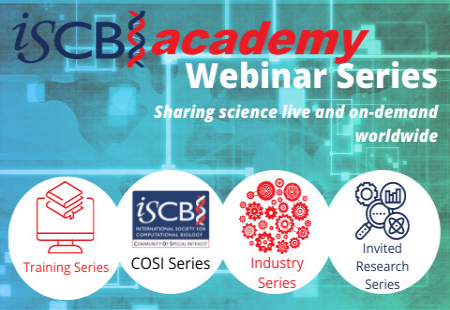

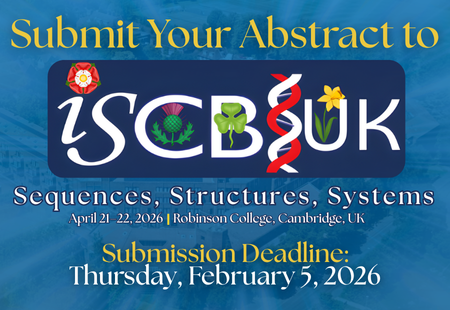
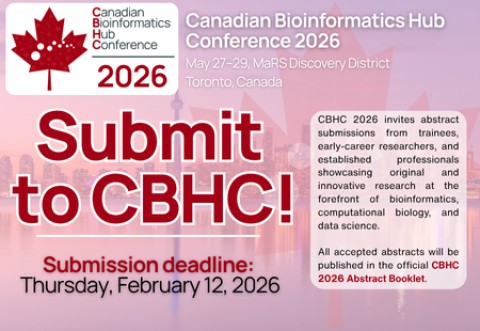
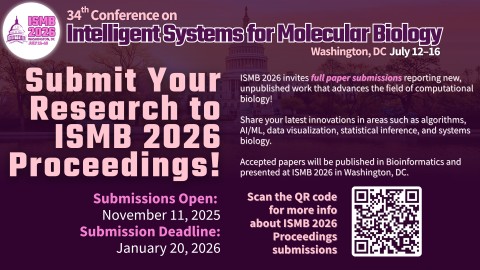

















 It is impossible to fully understand biological systems without understanding the 3D structure of their constituting parts and their interactions. As such the topics relevant for 3DSIG are wide and include, but are not restricted to Structure-based drug discovery including polypharmacology and network pharmacology; Structure representation, classification and prediction;
It is impossible to fully understand biological systems without understanding the 3D structure of their constituting parts and their interactions. As such the topics relevant for 3DSIG are wide and include, but are not restricted to Structure-based drug discovery including polypharmacology and network pharmacology; Structure representation, classification and prediction;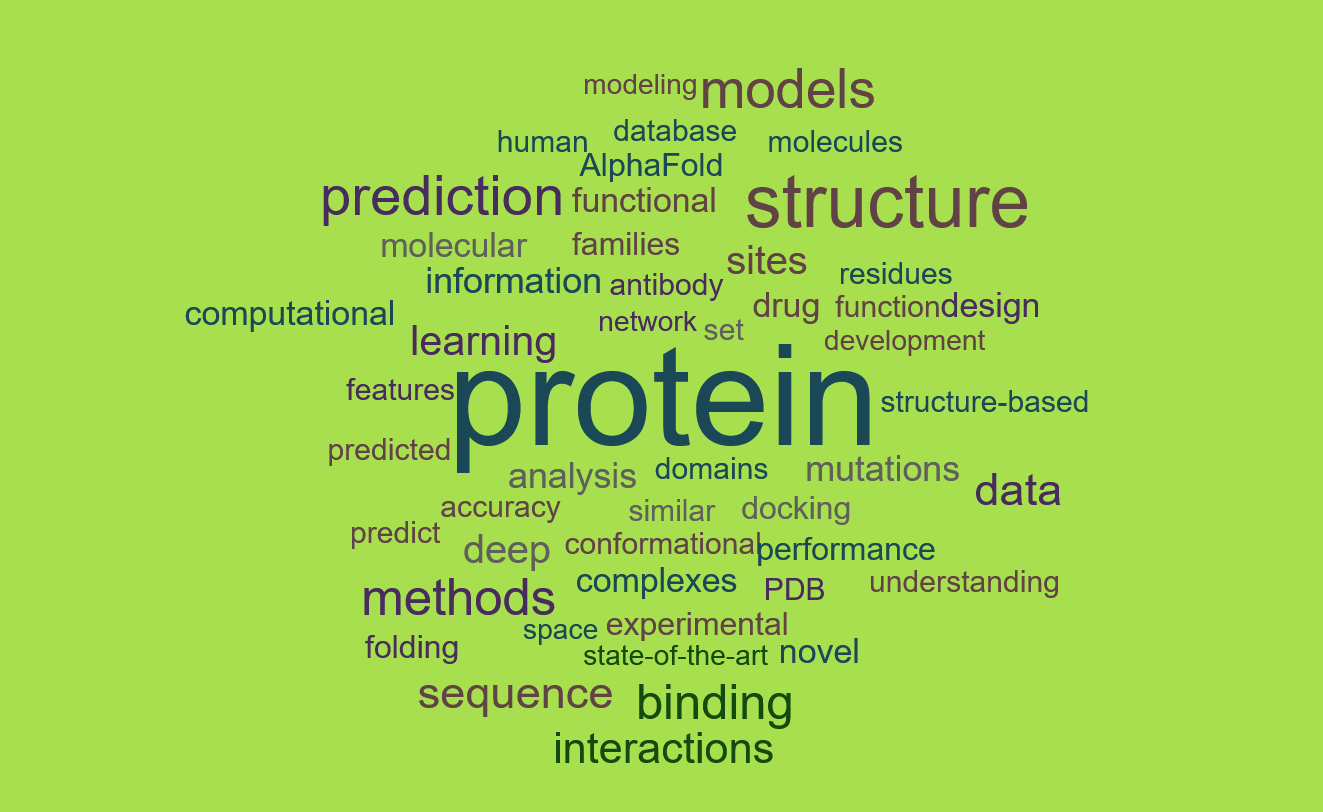
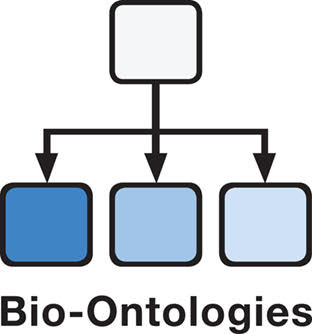 Bio-Ontologies Community of Special Interest Group (COSI) covers the
Bio-Ontologies Community of Special Interest Group (COSI) covers the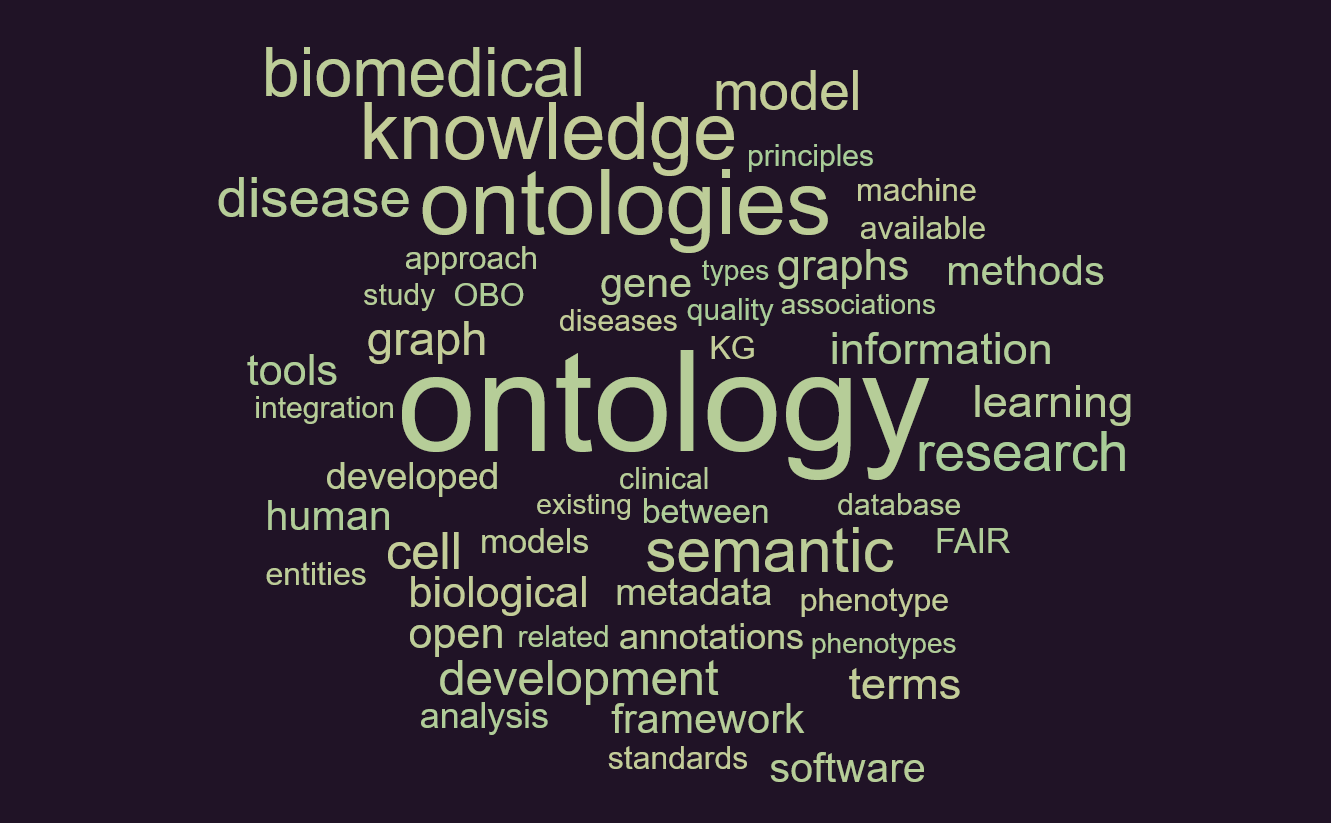
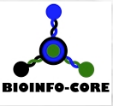
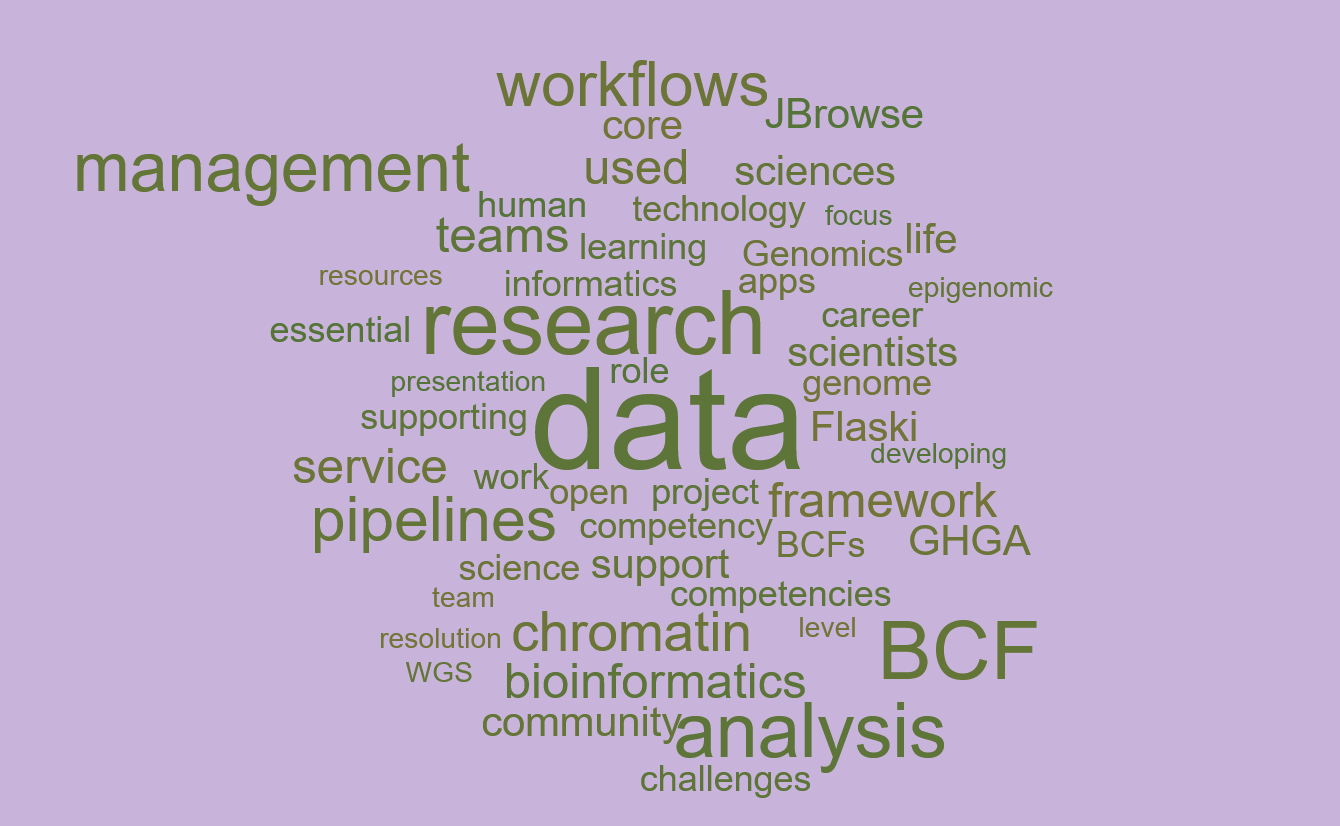
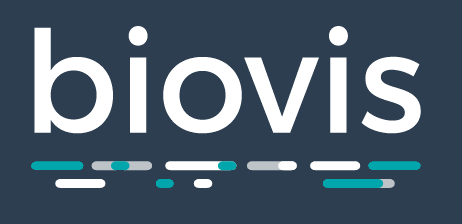
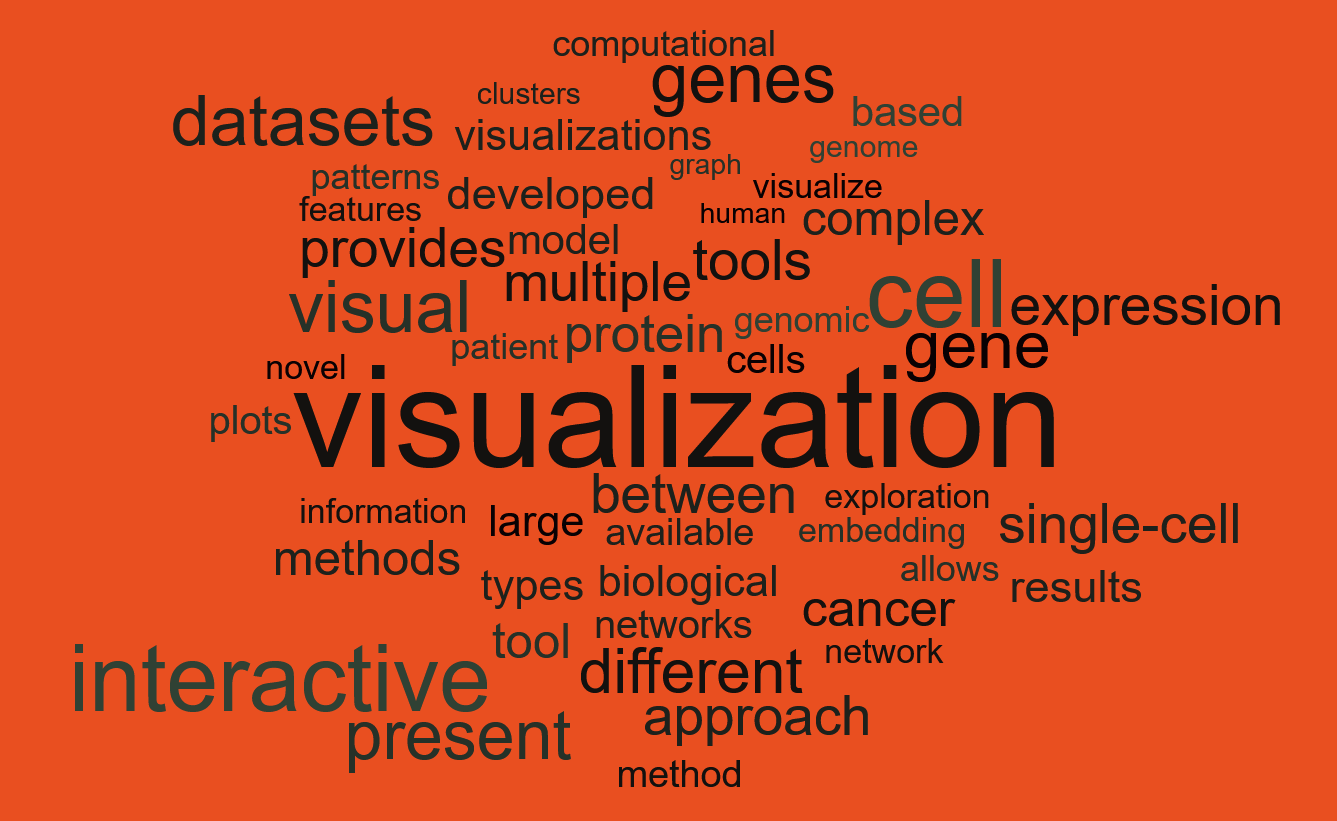
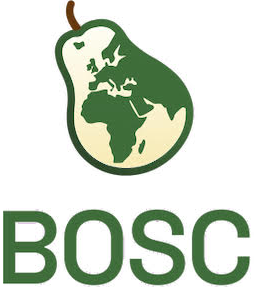 BOSC covers all aspects of open science / open source bioinformatics, including standards and ontologies; approaches that promote open science and sharing of data, results and software; bioinformatics tools and libraries; and ways to grow open source communities while promoting diversity within them.
BOSC covers all aspects of open science / open source bioinformatics, including standards and ontologies; approaches that promote open science and sharing of data, results and software; bioinformatics tools and libraries; and ways to grow open source communities while promoting diversity within them.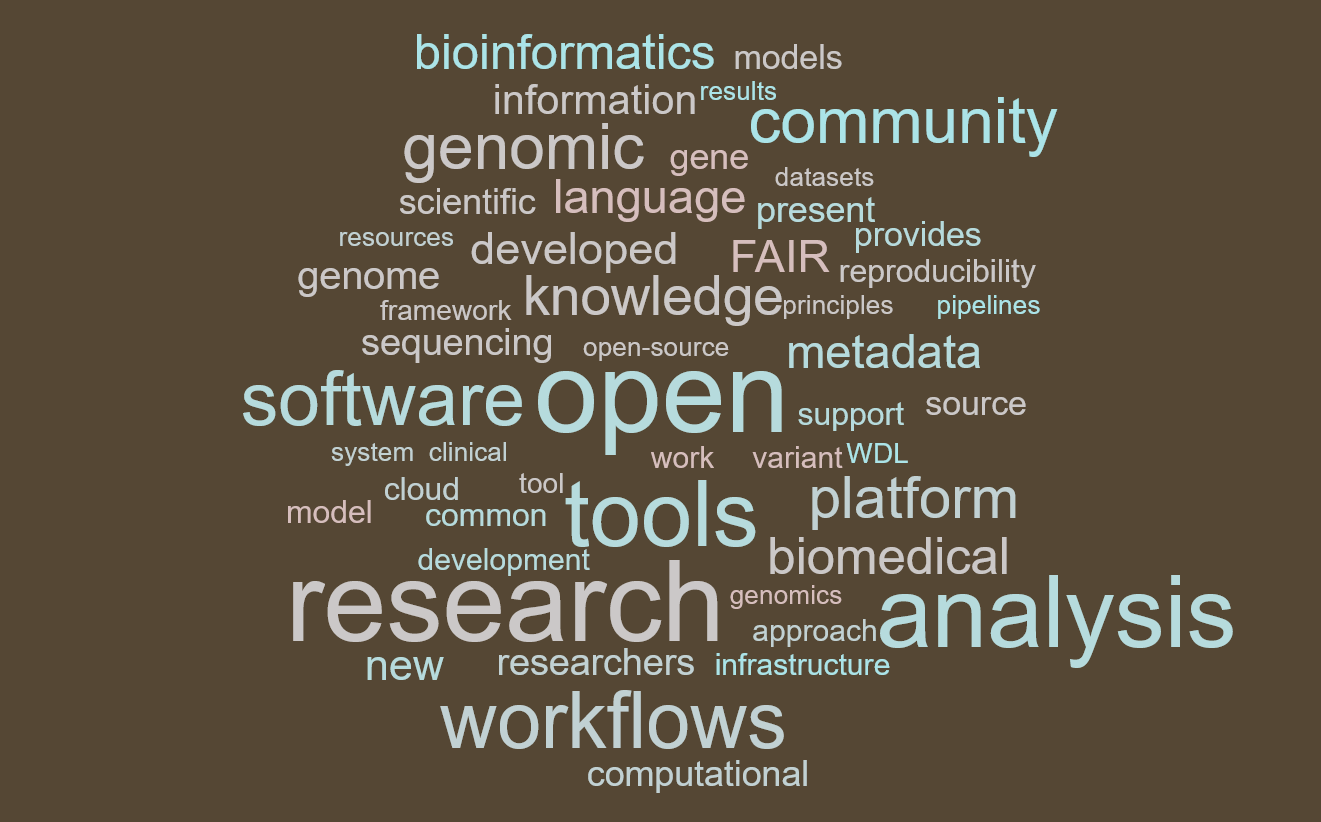
 The large, complex data sets for the Critical Assessment of Massive Data Analysis (CAMDA) contest include built-in truths for calibration. In an open-ended competition, however, both seasoned researchers and cunning students push the boundaries of our field, with unexpected questions or angles of approach often bringing the most impressive advances.
The large, complex data sets for the Critical Assessment of Massive Data Analysis (CAMDA) contest include built-in truths for calibration. In an open-ended competition, however, both seasoned researchers and cunning students push the boundaries of our field, with unexpected questions or angles of approach often bringing the most impressive advances.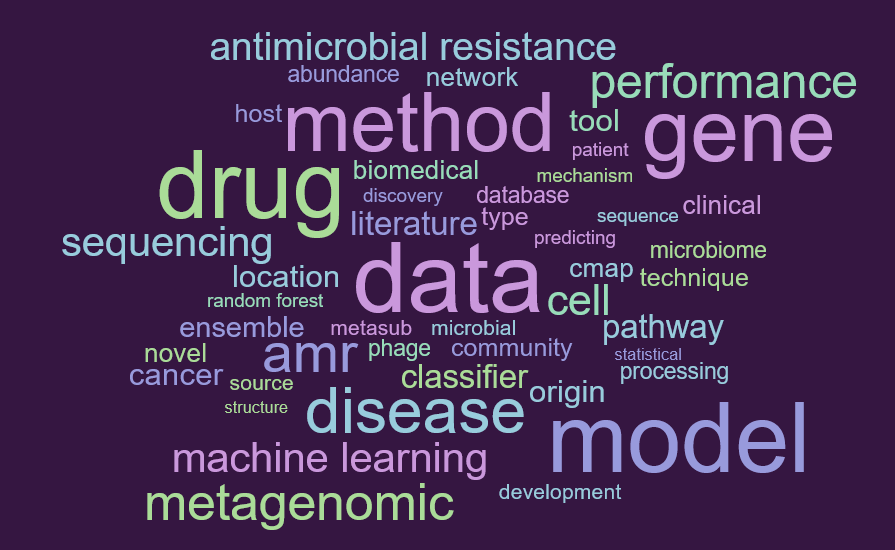
 The CompMS group promotes the efficient, high quality analysis of mass spectrometry data. The CompMS initiative covers various computational mass spectrometry application domains, including proteomics, metabolomics, and lipidomics.
The CompMS group promotes the efficient, high quality analysis of mass spectrometry data. The CompMS initiative covers various computational mass spectrometry application domains, including proteomics, metabolomics, and lipidomics.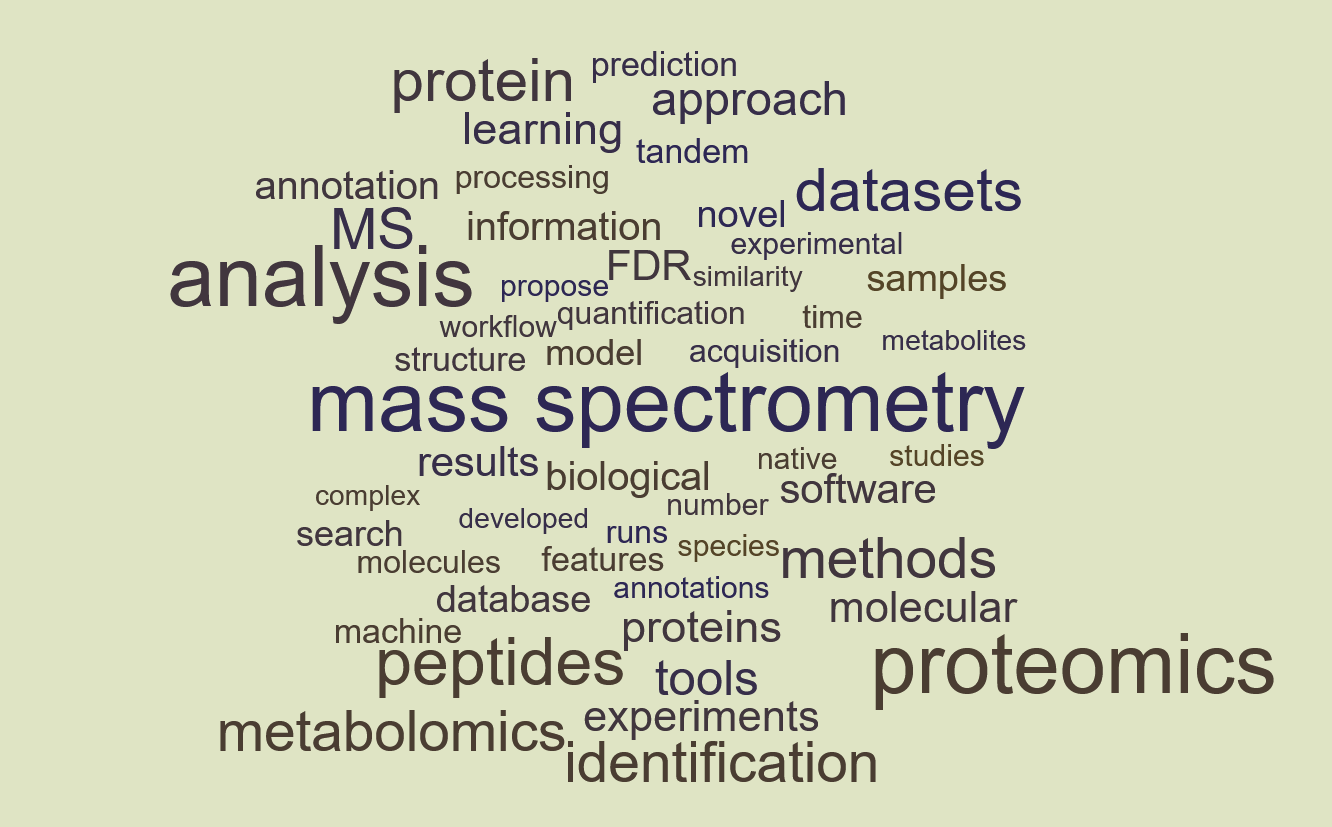
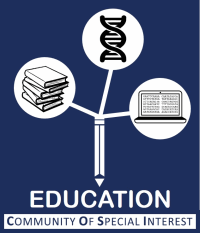 Education-COSI focuses on bioinformatics and computational biology education and training across the life sciences.
Education-COSI focuses on bioinformatics and computational biology education and training across the life sciences.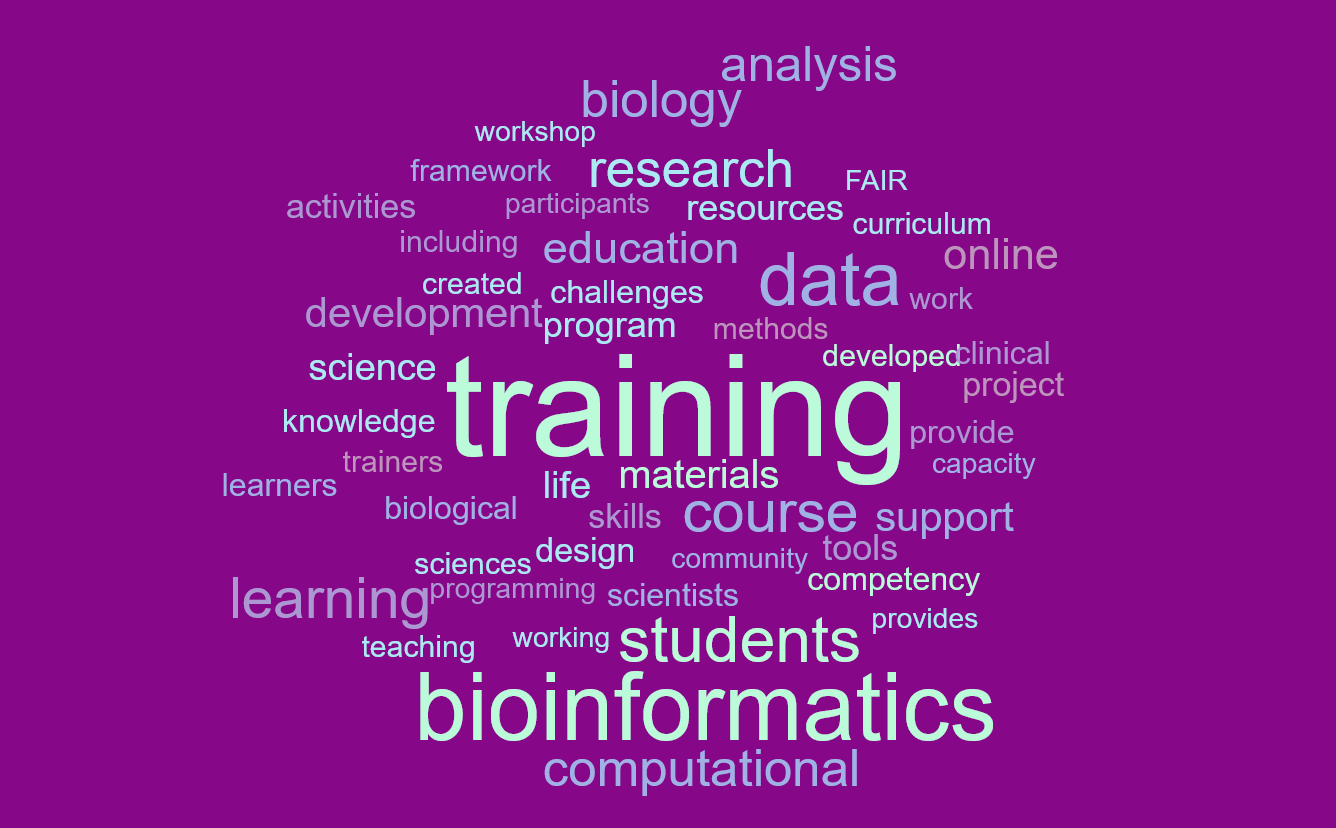
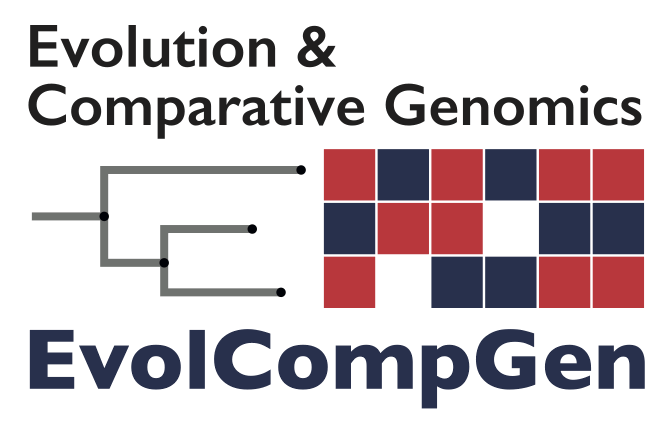 Evolution and comparative genomics are deeply intertwined with computational biology. Computational evolutionary methods, such as phylogenetic inference methods or multiple sequence alignment are widely used, yet remain far from “solved” and are indeed intense areas of research.
Evolution and comparative genomics are deeply intertwined with computational biology. Computational evolutionary methods, such as phylogenetic inference methods or multiple sequence alignment are widely used, yet remain far from “solved” and are indeed intense areas of research.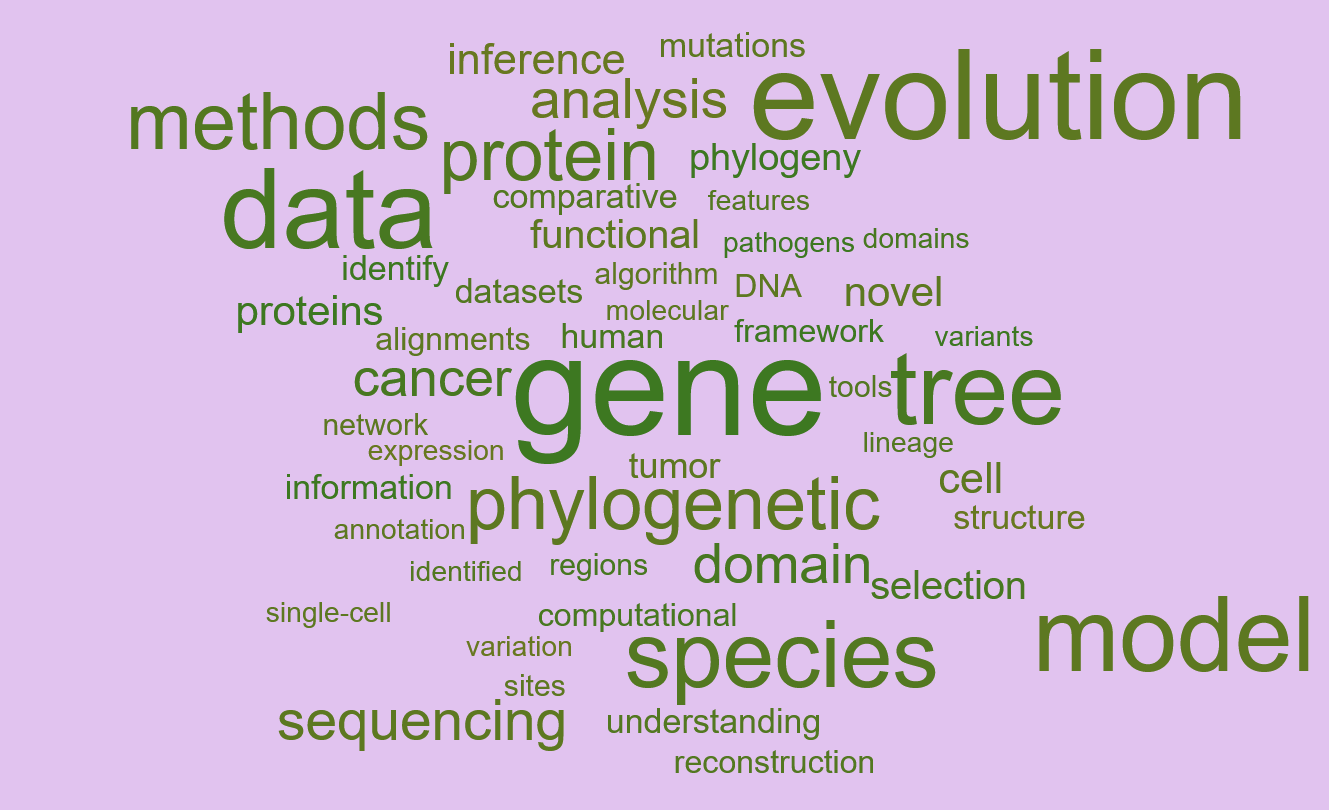
 The mission of the Function Community of Special Interest (Function-COSI) is to bring together computational biologists, experimental biologists, biocurators, and others who are dealing with the important problem of gene and gene product function prediction, to share ideas and create collaborations.
The mission of the Function Community of Special Interest (Function-COSI) is to bring together computational biologists, experimental biologists, biocurators, and others who are dealing with the important problem of gene and gene product function prediction, to share ideas and create collaborations.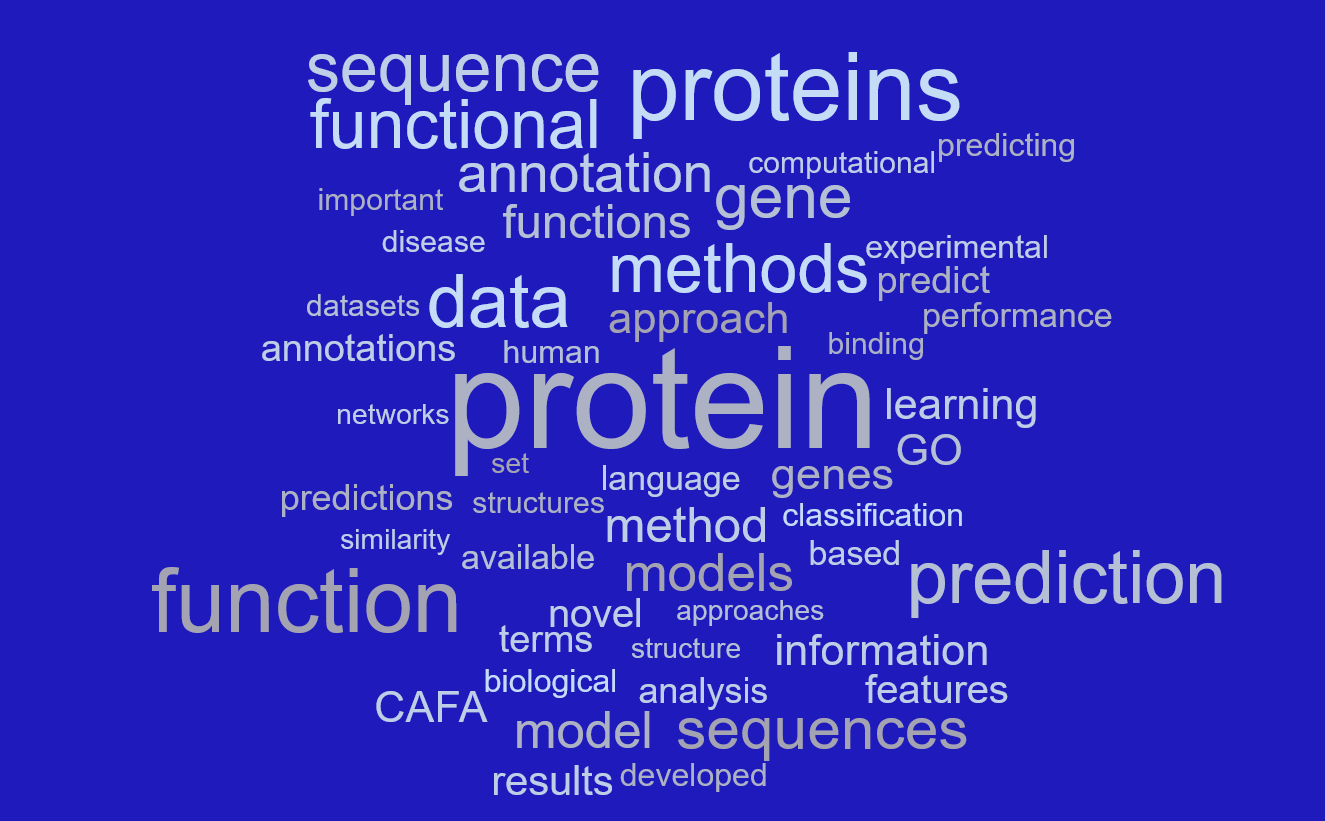
 HiTSeq is a community of special interest devoted to the latest advances in computational techniques for the analysis of high-throughput sequencing (HTS) data. Sessions will be devoted to discussing the latest advances in computational techniques for the analysis of high-throughput sequencing (HTS) datasets and will provide a forum for in-depth presentations of the methods and discussions among the academic and industry scientists working in this field.
HiTSeq is a community of special interest devoted to the latest advances in computational techniques for the analysis of high-throughput sequencing (HTS) data. Sessions will be devoted to discussing the latest advances in computational techniques for the analysis of high-throughput sequencing (HTS) datasets and will provide a forum for in-depth presentations of the methods and discussions among the academic and industry scientists working in this field.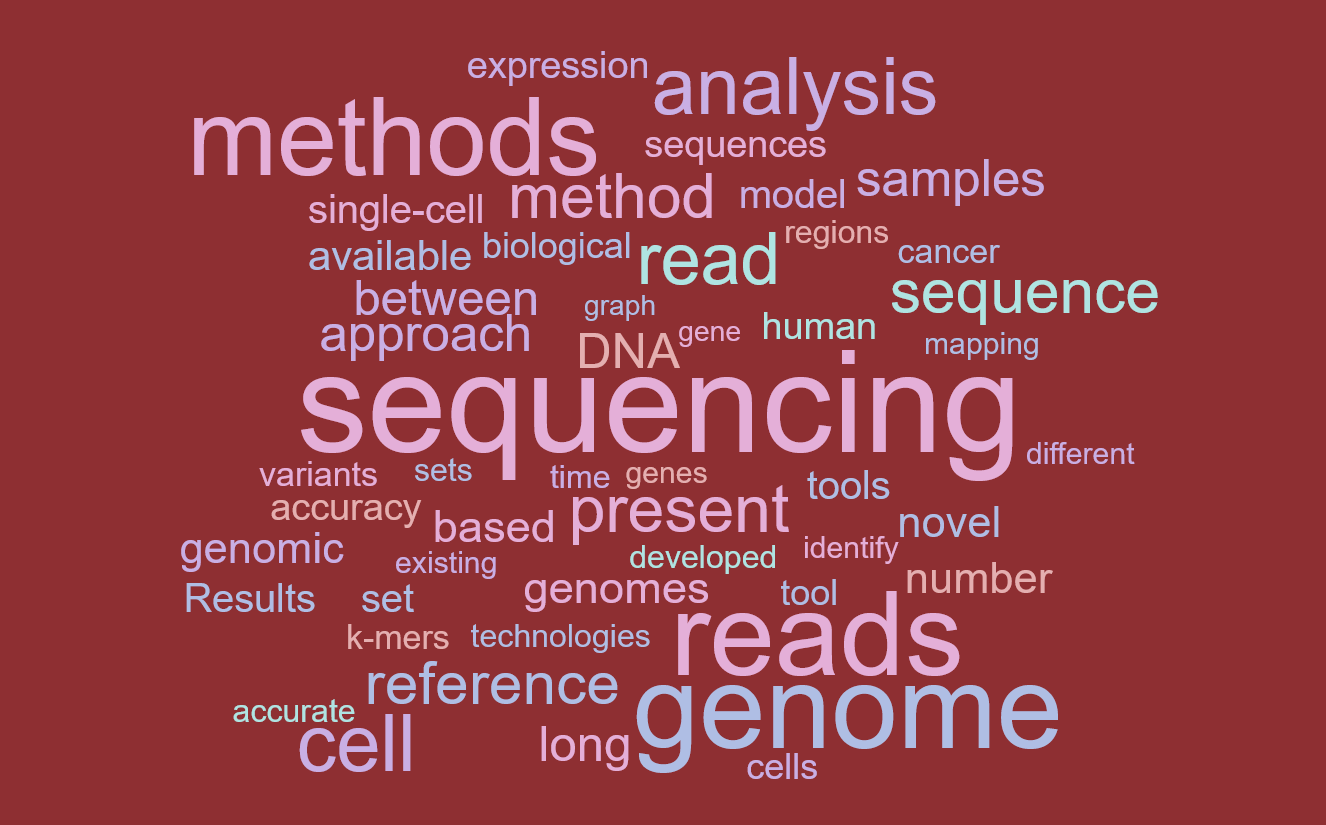
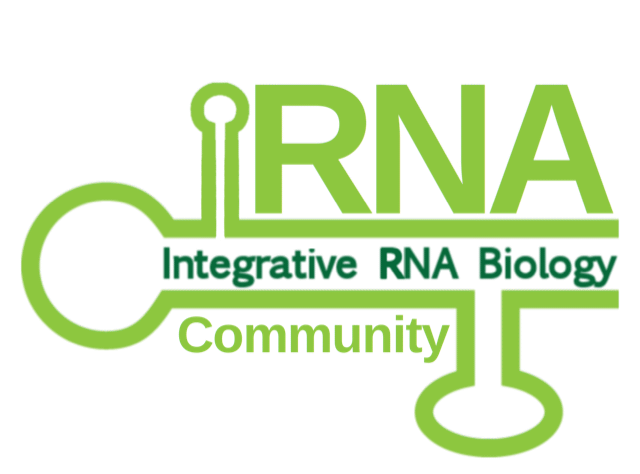 iRNA track covers the full range of research topics in the field of RNA Biology, from computational and high-throughput experimental methods development to their application in different aspects of RNA processing, structure, and function.
iRNA track covers the full range of research topics in the field of RNA Biology, from computational and high-throughput experimental methods development to their application in different aspects of RNA processing, structure, and function.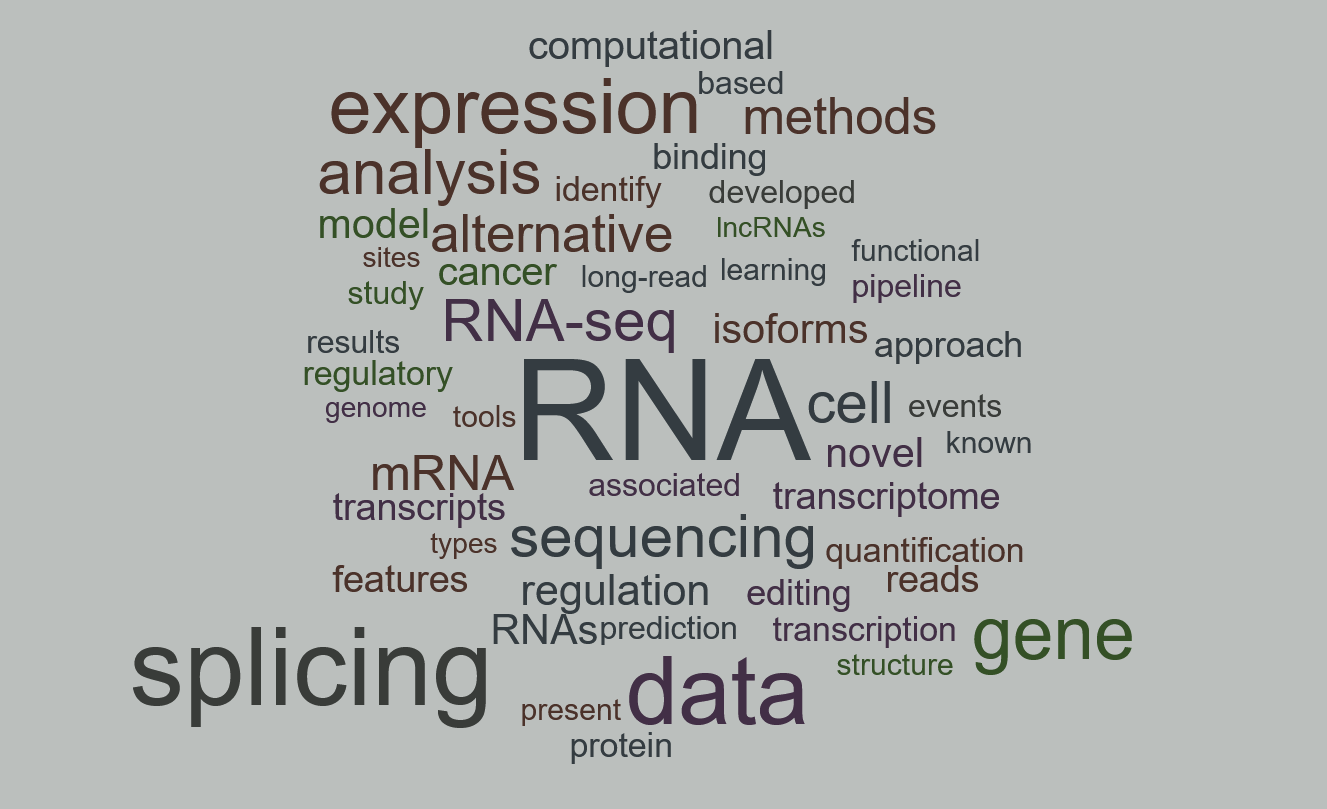
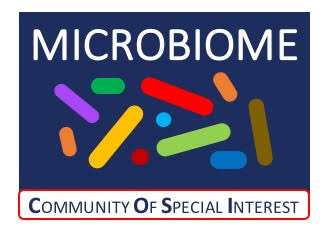 The MICROBIOME Community of Special Interest aims at the advancement and evaluation of computational methods in microbiome research, especially metaomic approaches. Based on the Critical Assessment of Metagenome Interpretation (CAMI), the COSI supplies users and developers with exhaustive quantitative data about the performance of methods in relevant scenarios.
The MICROBIOME Community of Special Interest aims at the advancement and evaluation of computational methods in microbiome research, especially metaomic approaches. Based on the Critical Assessment of Metagenome Interpretation (CAMI), the COSI supplies users and developers with exhaustive quantitative data about the performance of methods in relevant scenarios.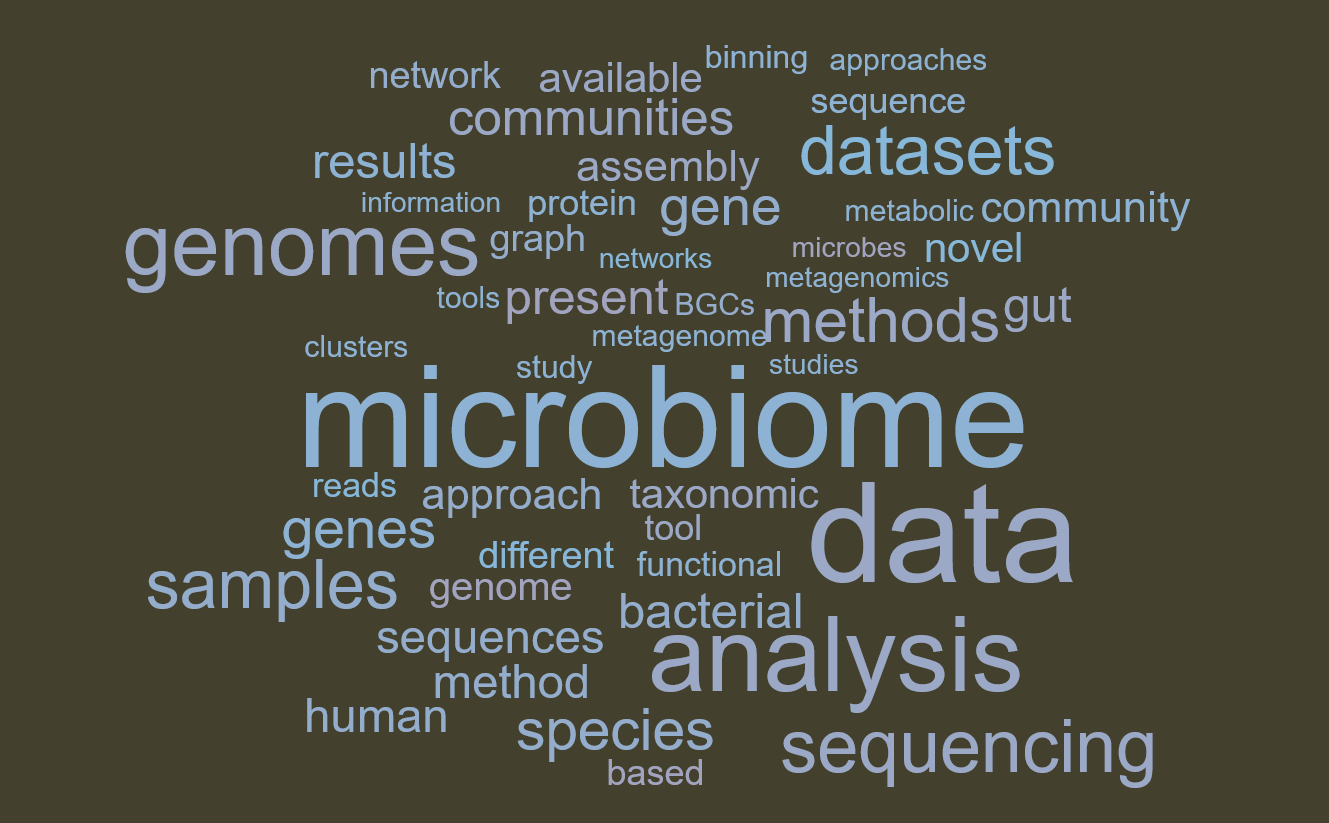
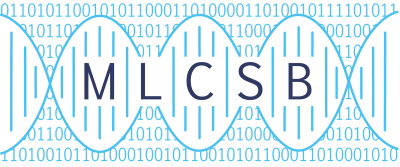 Systems Biology and Machine Learning meet in the MLCSB COSI. The community is the place for researchers of these areas to exchange ideas, interact and collaborate.
Systems Biology and Machine Learning meet in the MLCSB COSI. The community is the place for researchers of these areas to exchange ideas, interact and collaborate.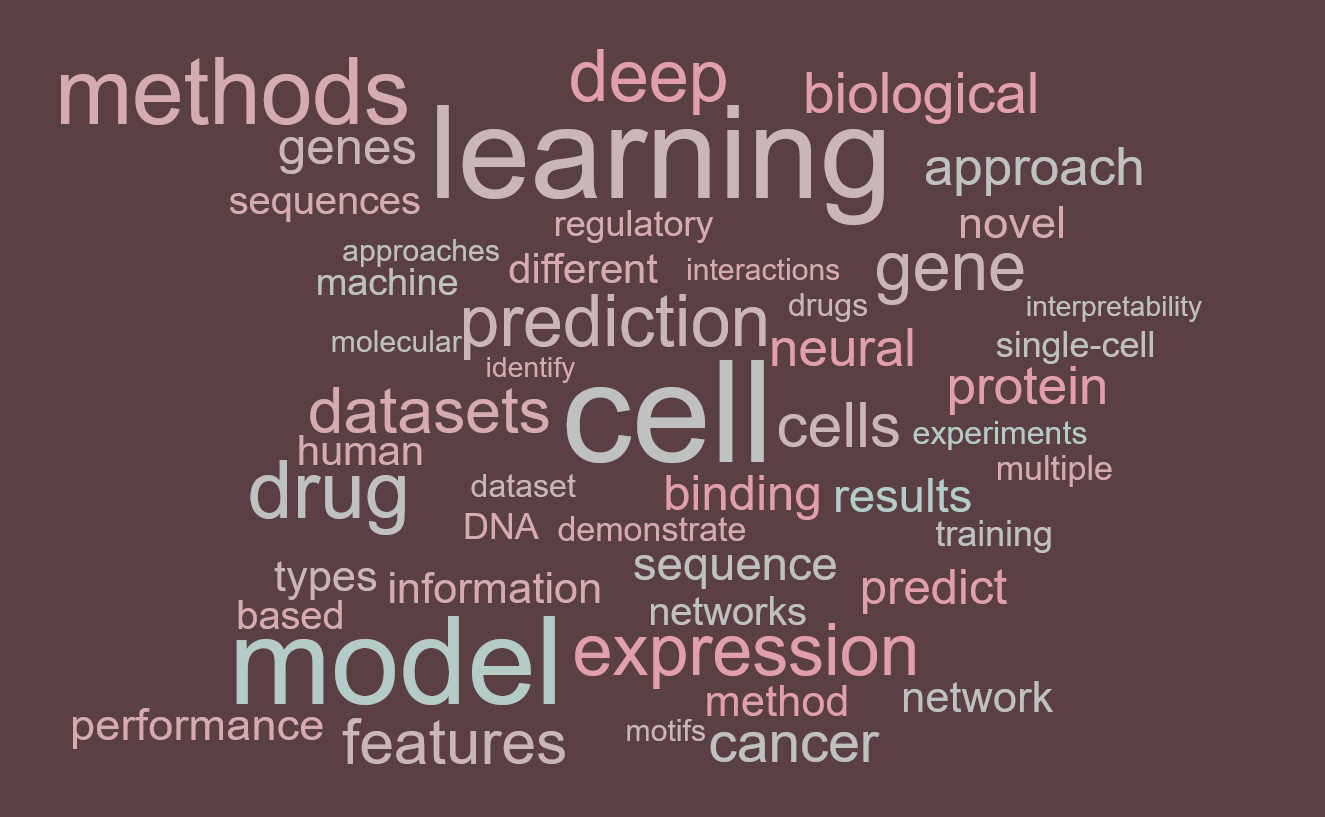
 As large scale, systems-level data are becoming increasingly available, modeling and analyzing them as networks is widespread. Network Biology Community serves to introduce novel methods and tools, identify best practices and highlight the latest research in the growing and interdisciplinary field of network biology.
As large scale, systems-level data are becoming increasingly available, modeling and analyzing them as networks is widespread. Network Biology Community serves to introduce novel methods and tools, identify best practices and highlight the latest research in the growing and interdisciplinary field of network biology.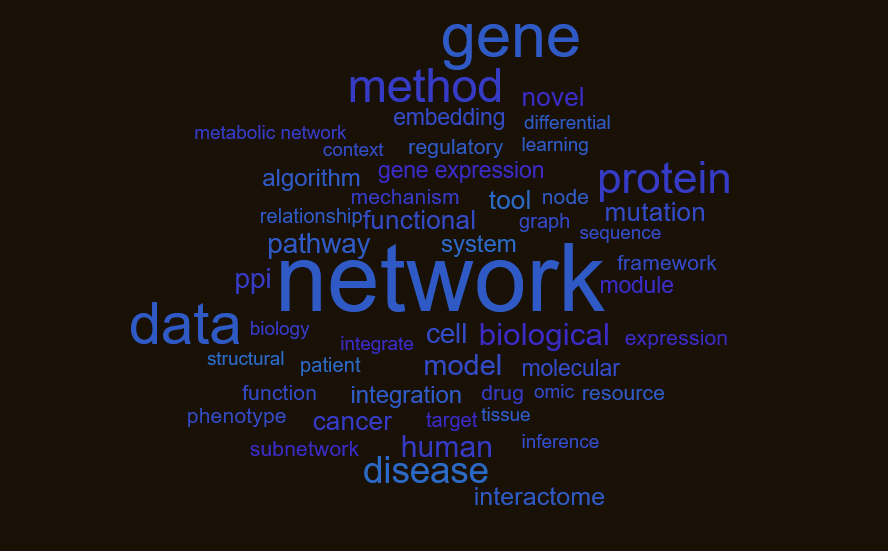
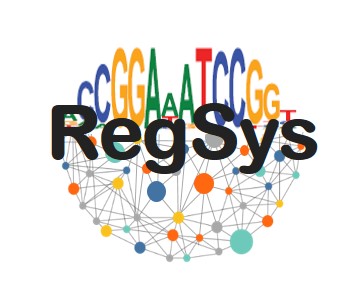 Regulatory genomics involves the study of the genomic control system, which determines how, when and where to activate the blueprint encoded in the genome. Regulatory genomics is the topic of much research activity worldwide. Since computational methods are important in the study of gene regulation, the RegSys COSI meeting focuses on bioinformatics for regulatory genomics.
Regulatory genomics involves the study of the genomic control system, which determines how, when and where to activate the blueprint encoded in the genome. Regulatory genomics is the topic of much research activity worldwide. Since computational methods are important in the study of gene regulation, the RegSys COSI meeting focuses on bioinformatics for regulatory genomics.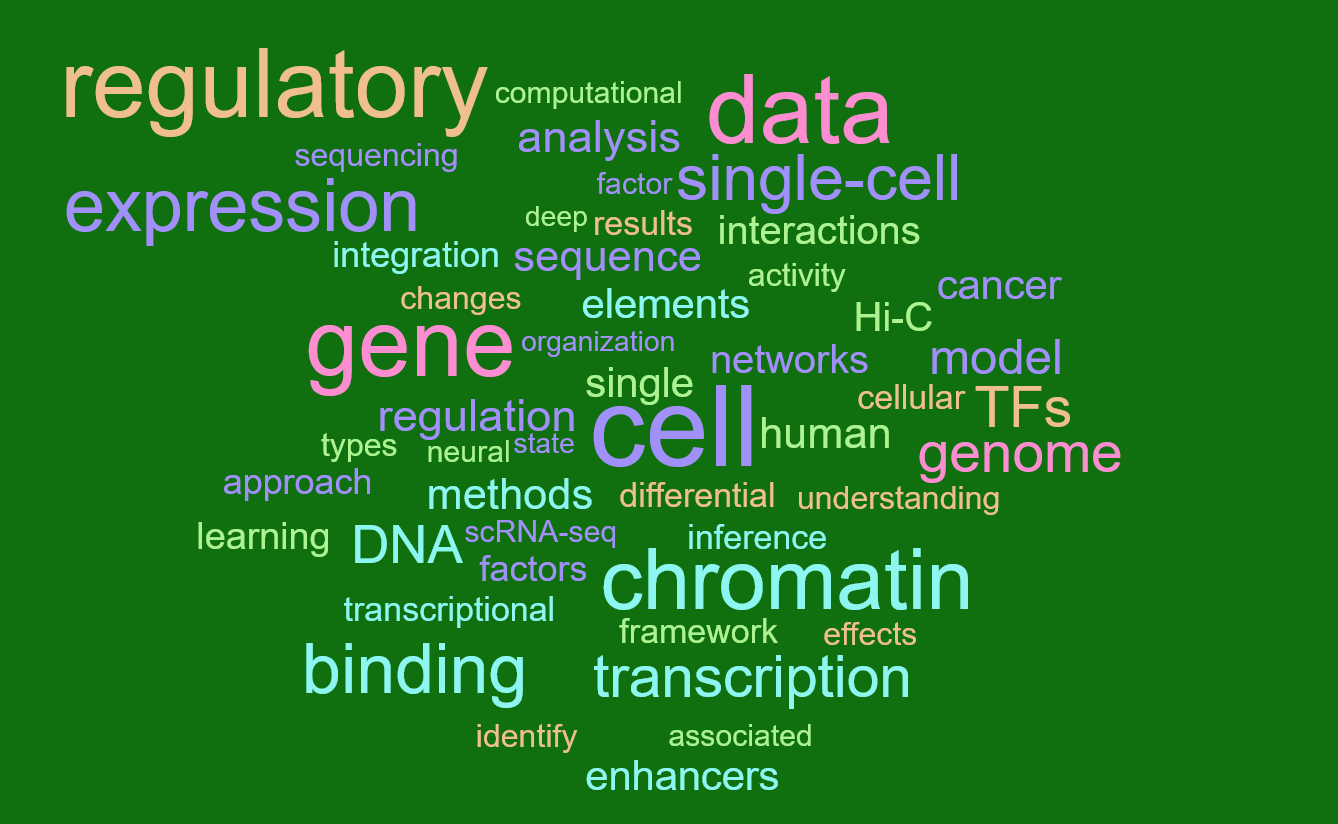
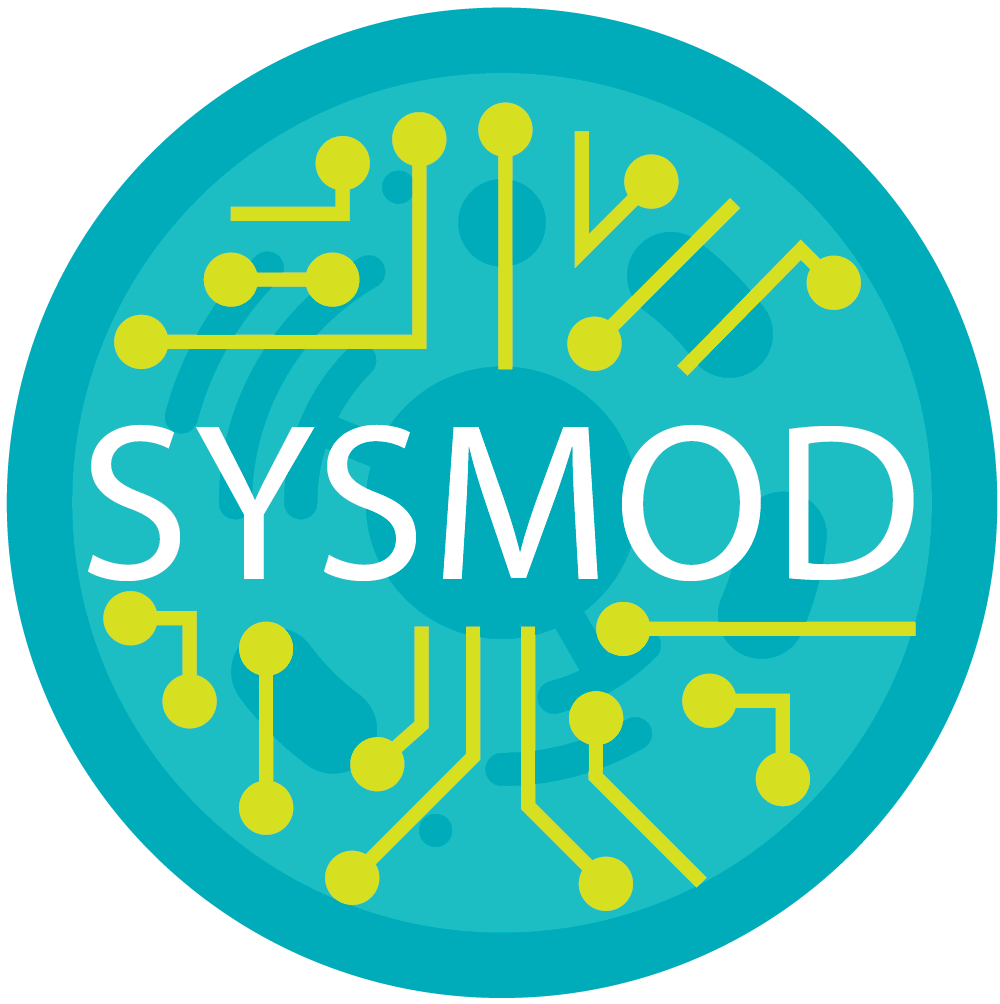 The Computational Modeling of Biological Systems (SysMod) aims to create a forum for systems modelers and bioinformaticians to discuss common research questions and methods. The session will focus on the conjoint use of mathematical modeling and bioinformatics to understand biological systems functions and dysfunctions.
The Computational Modeling of Biological Systems (SysMod) aims to create a forum for systems modelers and bioinformaticians to discuss common research questions and methods. The session will focus on the conjoint use of mathematical modeling and bioinformatics to understand biological systems functions and dysfunctions.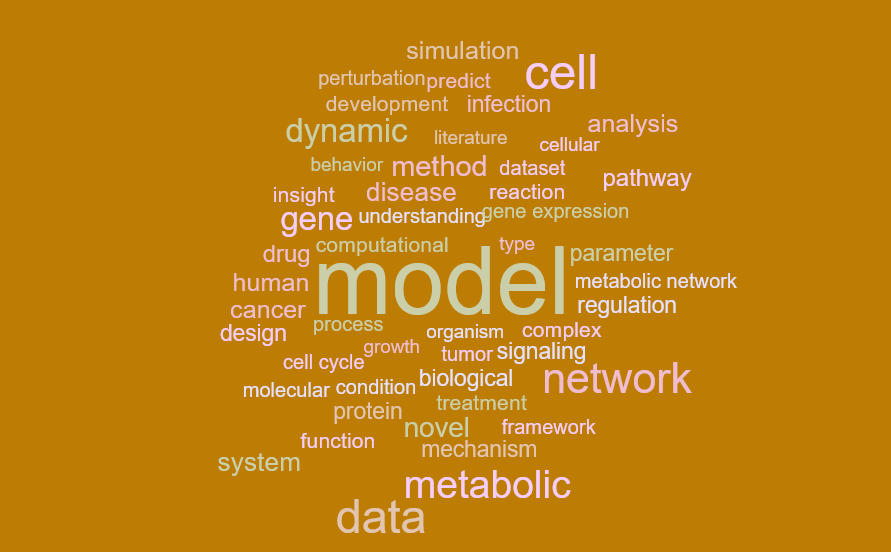
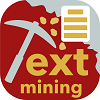 The Text Mining COSI brings together researchers that create text mining tools with researchers who use text mining tools to make new discoveries. Our community discussions include both text mining use cases - concrete problems and applications in the biological/biomedical domain - and methodology development.
The Text Mining COSI brings together researchers that create text mining tools with researchers who use text mining tools to make new discoveries. Our community discussions include both text mining use cases - concrete problems and applications in the biological/biomedical domain - and methodology development.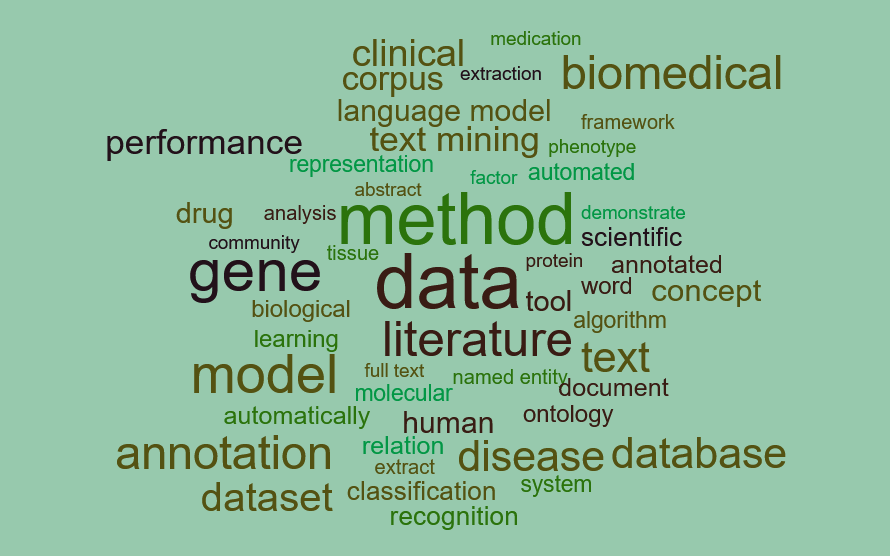
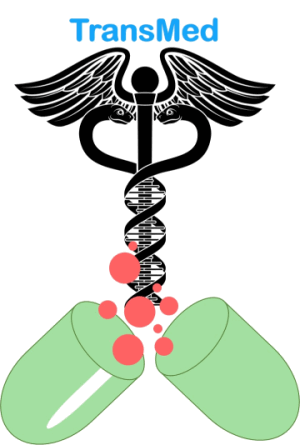 TransMed covers the current developments in the field of clinical and translational medicine informatics. Analysis of large amounts of multi-omics, imaging (medical and molecular), mobile sensor, clinical and health records data is paving the way for precision medicine. In the TransMed track, we will explore the current status of computational biology and advance machine learning approaches within the field of clinical and translational medicine.
TransMed covers the current developments in the field of clinical and translational medicine informatics. Analysis of large amounts of multi-omics, imaging (medical and molecular), mobile sensor, clinical and health records data is paving the way for precision medicine. In the TransMed track, we will explore the current status of computational biology and advance machine learning approaches within the field of clinical and translational medicine.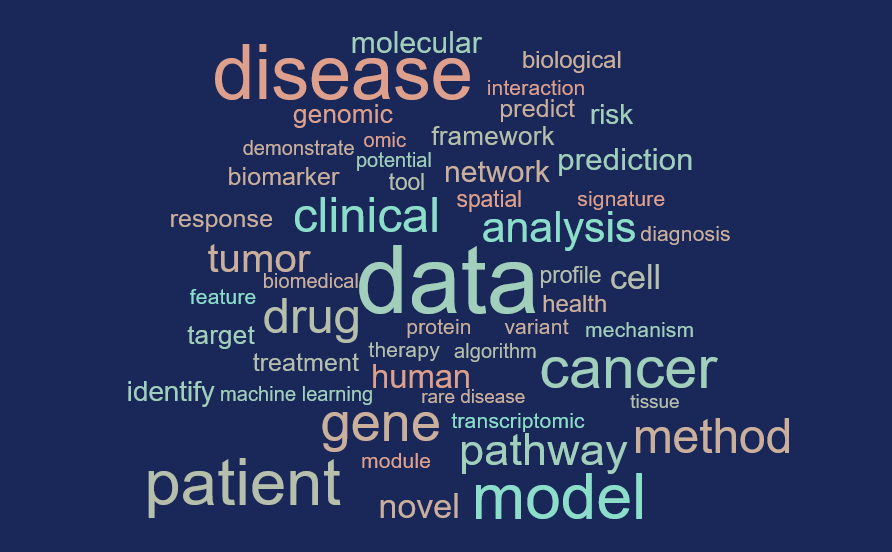
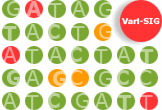 The VarI COSI meeting is dedicated to the recent advances in the analysis and interpretation of the genetic variants.
The VarI COSI meeting is dedicated to the recent advances in the analysis and interpretation of the genetic variants.